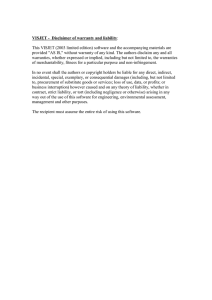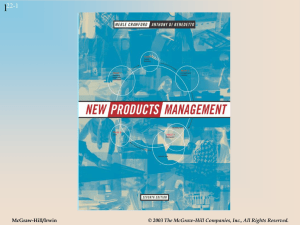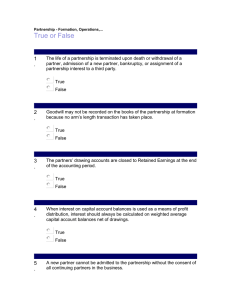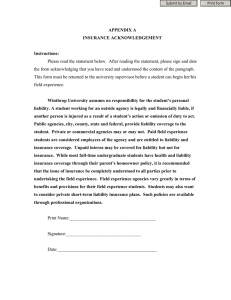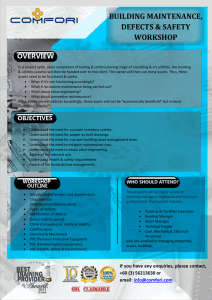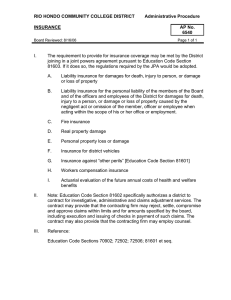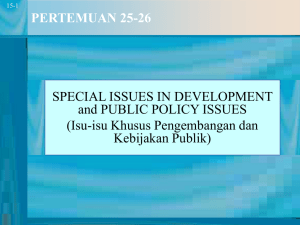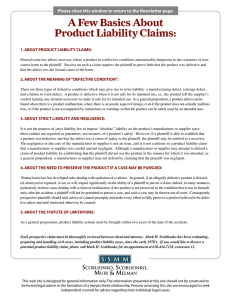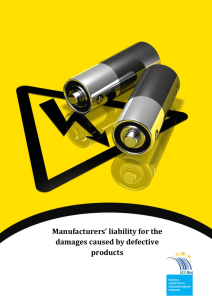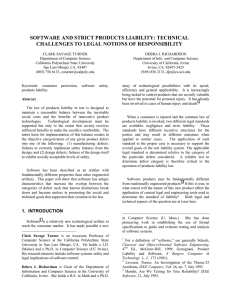Legal Aspects of Safety, Product Liability Overview (PowerPoint)
advertisement
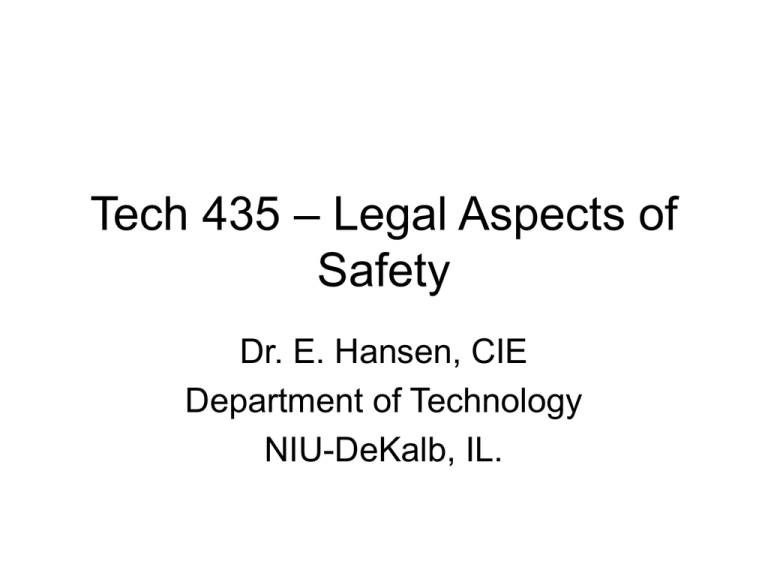
Tech 435 – Legal Aspects of Safety Dr. E. Hansen, CIE Department of Technology NIU-DeKalb, IL. Product Liability – An Overview • Defective or dangerous products cause many thousands injuries a year • “Product Liability Law” (PPL) – legal term for rules concerning who is responsible for defective or dangerous products • PLL differs from ordinary liability law, & sets rules that may make it easier for an injured person to recover damages Overview (Continued) • Product Liability (PL) refers to manufacturers or sellers being held liable for placing a defective product into the hands of the consumer. • Responsibility for a product defect that causes injury lies with all sellers of the product who are in the distribution chain • Manufacturer, manufacturer of component parts, wholesaler, and retailer Overview (Continued) • In general terms, the law requires that a product meet the ordinary expectations of the consumer • Products with unexpected defects or danger do not meet the ordinary expectations of the consumer Overview (continued) • There is no federal product liability law • PL Claims typically are based on state laws, and brought under the theories of negligence, strict liability, or breach of warranty • Laws in each state are modeled after the Uniform Commercial Code containing warranty rules affecting product liability Overview (Continued) • • • • • Proper Parties Product Defects Design Defects Manufacturing Defects Unavoidable Unsafe Products Overview (Continued) • Common Defenses to Product Liability Cases – File within applicable time limit – Failure to identify the supplier of the product – Plaintiff substantially altered the product – Plaintiff misused the product Overview - Conclusion • Cases are often complex, requiring assistance and testimony of experts • Every state has its own laws and specific statutes that will affect a product liability action

